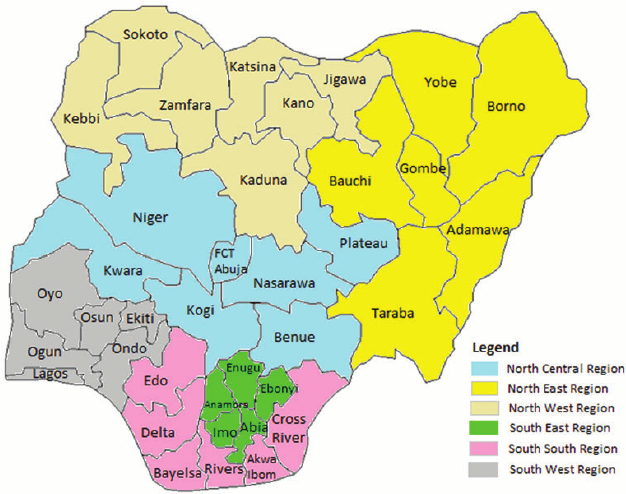The Fiscal Responsibility Commission (FRC) has advocated the domestication of reforms of the fiscal responsibility Act of 2017 by the 36 states of the federation.
The Executive Chairman of FRC, Victor Muruako, gave the call on Monday during the Financial Accountability Retreat for Sub- Nationals and Civil Society Organisations (CSOs) held in Port Harcourt, Rivers.
The theme of the retreat is “Strengthening Financial Accountability at Sub-National Levels”.
The News Agency of Nigeria (NAN) reports that FRC, a Federal Government Agency, has the mandate of promoting fiscal responsibility, accountability and prudent management of the nation’s economy.
Muruako said that the retreat was aimed at sensitising the CSOs and the state governments on the need to support the efforts of the federal government in strengthening financial accountability of the country.
He said that the burden of macro-economic management cannot be left solely to the federal government, adding that the sub-national governments must play a proactive role in promoting transparency, accountability and credibility.
“We encourage state governments that have not domesticated the Fiscal Responsibility Act to take steps to do so,” he said.
He emphasised the importance of sub-national governments in adopting best practices in fiscal responsibility, with special focus on the revenue allocation formula.
“For every one hundred naira that enters the federation account, the formula allocates only about half to the federal government, with the remaining half going to sub-national governments.
“This underscores the critical role of sub-national governments in ensuring the success of Nigeria’s macro-economic management.
“While we acknowledge the progress made by sub-national governments in recent years, there is still room for improvement.
“The publication of budgets, budget implementation reports and audited financial statements are significant steps towards ensuring transparency, however, we can, and must do more,” he added.
Muruako also highlighted the role of CSOs in achieving fiscal responsibility, noting that they play a vital role in enhancing financial accountability by asking critical questions and promoting transparency.
According to him, CSOs should engage in advocacy for transparency, accountability, and also be prudent in a professional manner.
“Section 51 of the Fiscal Responsibility Act empowers every citizen with the legal capacity to enforce the provisions of the Act through the courts.
“We encourage citizens to utilise this power to hold governments accountable. However, it is important to exercise this power responsibly and based on evidence.
“We also urge state governments to view CSOs as partners in progress and collaborate with them to achieve greater development for our nation,” Muruako said.
Justice Kemakolam Ojiako, a High Court Judge, while presenting a paper titled “Strengthening Oversight: The Role of Civil Society Organisations in Promoting Fiscal Responsibility at the Sub-National Level”, recommended that state governments should adequately fund CSOs working on fiscal governance issues.
Ojiako called for a legal framework to strengthen and protect the independence and activities of CSOs.
He advised that there should be increased collaboration between CSO, government agencies and other stakeholders to ensure adequate and prompt public access to financial information and data.
“There should be more investment in capacity building programmes for CSOs to enhance their technical expertise,” he said.
Some participants at the event include State Commissioners for Finance, the Accountant Generals of the states, the Auditor-Generals, CSOs and others. (NAN)


